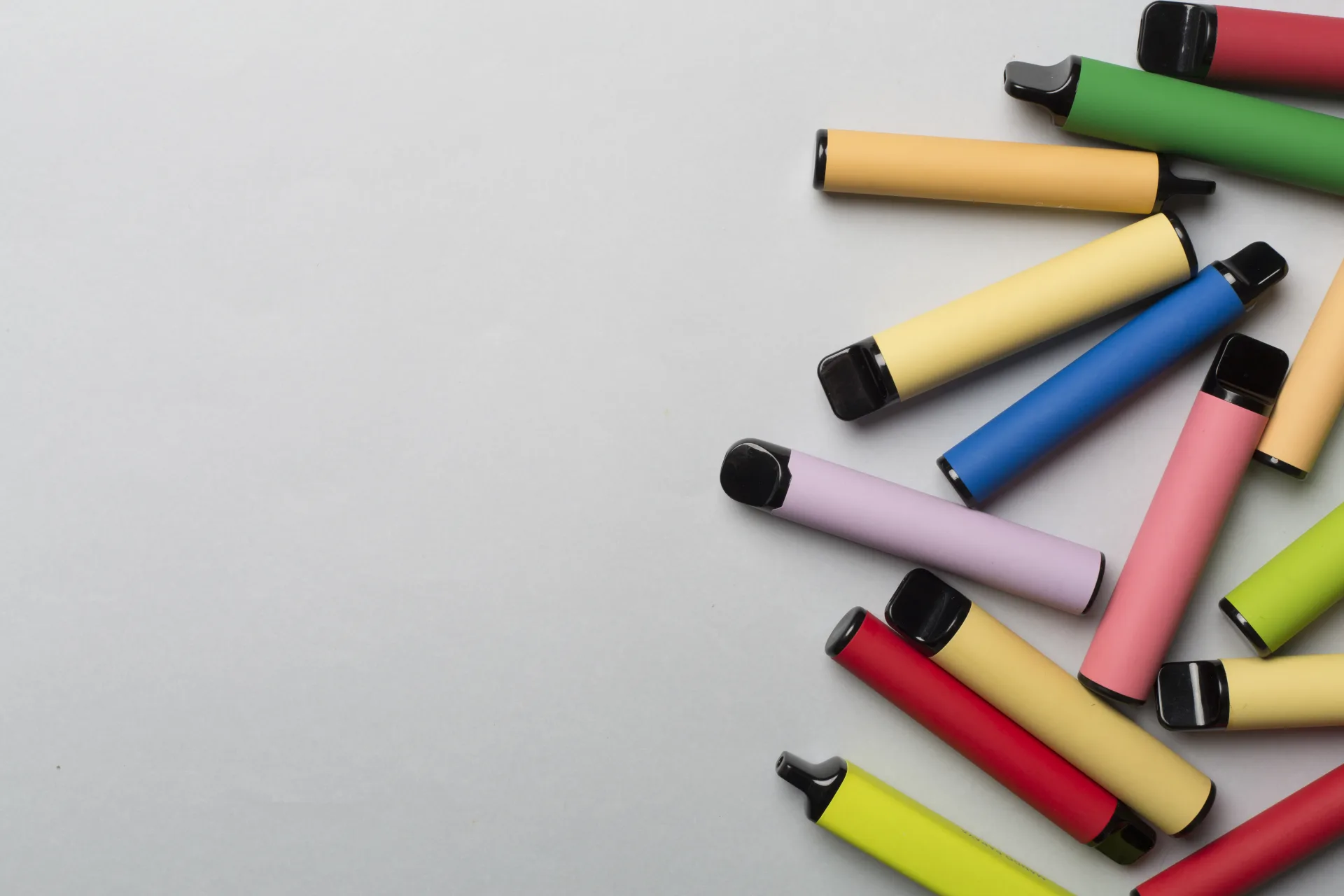Flavored vape products dispute goes before US Supreme Court
The U.S. Supreme Court will hear arguments on Monday regarding the authority of regulatory bodies in relation to the U.S. Food and Drug Administration’s decision to deny two e-cigarette companies permission to sell flavored vape products because of the health risks they pose to young people. The FDA is appealing a lower court’s decision that the agency violated the Administrative Procedure Act, a federal law, when it rejected Triton Distribution and Vapetasia’s applications to market their nicotine-containing products. The case offers the Supreme Court the opportunity to further undermine federal regulatory agencies in the wake of significant decisions in recent years that have limited the power of the bureaucracy that creates regulations, interprets laws, and carries out presidential action.

Daniel Aaron, a law professor at the University of Utah, stated that the Supreme Court is now in a position to supervise the FDA’s scientific judgments. “Should it overrule the FDA, it could allow tens of thousands of e-cigarettes onto the market the FDA has determined are harmful to the public health, while continuing a trend of judges intruding on agencies’ scientific expertise.” According to a 2016 FDA ruling, e-cigarettes are considered tobacco products under the Tobacco Control Act, a federal statute from 2009, and are therefore subject to agency scrutiny just like regular cigarettes. In order to sell nicotine vaping devices and e-liquids, makers of e-cigarette products must apply for authorization under that statute.
In 2020, the FDA received applications from Triton and Vapetasia for goods with tastes including pink and sour grape. Using names like “Jimmy The Juice Man Peachy Strawberry” and “Suicide Bunny Mother’s Milk and Cookies” and flavors including sour grape, pink lemonade, and crème brulee, Triton and Vapetasia submitted FDA applications in 2020 for products that opponents say are aimed at children. Only 34 flavored e-cigarettes—all smoke or menthol flavored—have received FDA approval. The agency has also denied applications for over a million other items, including e-liquids in flavors ranging from candy to fruit to different desserts.
Even though they are prohibited, e-cigarettes in a variety of flavors are still widely accessible. The U.S. Justice Department must cooperate with the FDA to enforce its regulations since it lacks the capacity to litigate on its own. However, the Justice Department has historically been reluctant to take action against illegal flavored vapes. Despite the agency’s pleas, the Justice Department has traditionally been hesitant to take action against illegally sold flavored vape goods, Aaron said.
“These companies are flouting the law and are also using litigation to avoid FDA enforcement,” Aaron stated.
In order to receive FDA approval, e-cigarette manufacturers must demonstrate that their product would be “appropriate for the protection of the public health,” which means that any potential health benefits—such as assisting traditional cigarette smokers in switching to vaping, which is generally less harmful—must outweigh the risks of launching the new product.
The FDA insists that it hasn’t outright prohibited flavored e-cigarettes. However, because the FDA determined that flavored e-cigarettes provide a “known and substantial risk” to children, businesses vying for its clearance must pass a very difficult health benefits-versus-risk legal test. Mark Gottlieb, executive director of the Public Health Advocacy Institute at Northeastern University School of Law, stated, “The FDA has rejected all applications for flavored vaping products because such products simply cannot meet the public health standard because of their documented potential to create new underage tobacco users.”
Nearly one in five high school kids and nearly one in twenty middle school students smoked e-cigarettes in 2020, according to the FDA, making them “the most widely used tobacco product among youth by far.” It was discovered that one of the main justifications given by young users for vaping is flavor.
“Flavored e-cigarette use is highly prevalent among youth, which raises concerns about creating a new generation of adults addicted to nicotine,” Aaron stated. As Micah Berman, a professor of law and health policy at Ohio State University, put it, “the two sides have very different views about what happened.” “The FDA argues that it merely complied with a law that was primarily created to protect children,” Berman said.
However, according to Berman, e-cigarette producers have attempted to paint the FDA as “an out-of-control agency that subjected them to a Kafka-esque series of constantly shifting and impossible-to-understand requirements.” In 2021, Triton and Vapetasia petitioned the 5th U.S. Circuit Court of Appeals in New Orleans to examine the FDA’s rejection of their applications. The FDA had violated the Administrative Procedure Act by acting arbitrarily and capriciously, according to the 5th Circuit’s January decision in their favor.
The FDA appealed to the Supreme Court after the 5th Circuit’s decision caused a rift with seven other federal appellate courts that have supported the agency in instances comparable to this one. According to Berman, the 5th Circuit’s decision “seemed to strongly suggest that the FDA got the outcome wrong in rejecting the plaintiffs’ marketing applications.” “It will be interesting to see whether the justices engage in similar second-guessing of how the FDA weighed the evidence,” Berman said.


Comments are closed, but trackbacks and pingbacks are open.